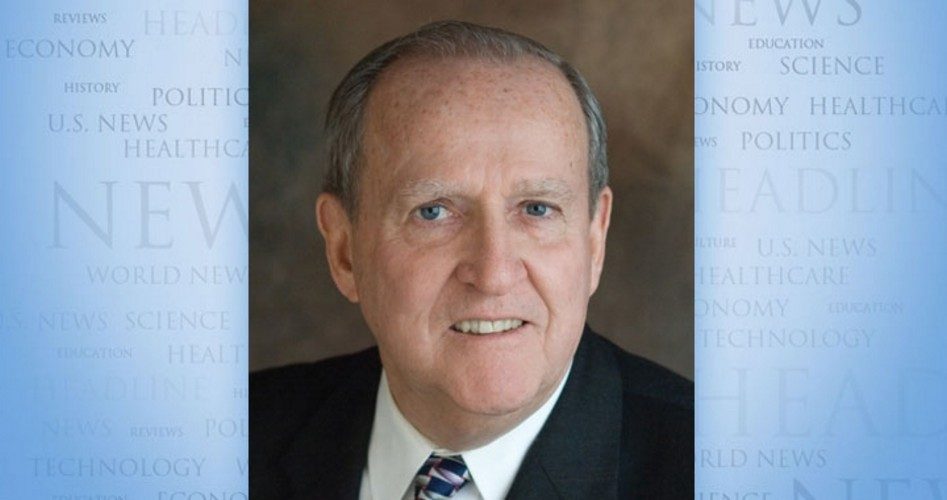
On August 14th, Nouri Kamil Mohammed Hasan al-Maliki stepped down as the president of Iraq. He had held the post since May 20, 2006. After recent elections had seen his allies win the most seats in the nation’s parliament, he seemed poised to retain the office. But pressure for a change in the nation’s leadership came from influential Ayatollah Ali Sistani and others, including neighboring Iran. Maliki originally intended to challenge the refusal to accept him for another four-year term but suddenly cancelled his protest. The post now falls to Haider al-Abadi, a fellow member of Iraq’s Islamic Dawa Party.
Both Maliki and Abadi are Shiite Muslims and Iraq’s population is largely Shiite. The two men have long held leadership posts in the Islamic Dawa Party. The Sunni minority held power during the long reign of Saddam Hussein, a Sunni Muslim. After being captured by U.S. forces, Hussein was executed in December 2006, a mere seven months after Maliki had emerged as president. Fighting between the Sunni and Shiite Muslims, even while U.S. forces gained control of the nation, continued to plague Iraq and has not ceased. Now, the Sunni-led Islamic State of Iraq and Syria (ISIS) has gained control of one-quarter of the nation, wreaked havoc wherever its forces seized control, and even threatened the capital city of Baghdad. No one believes that ISIS will simply go away.
Like Maliki, Abadi fled Iraq in the 1970s when Saddam Hussein’s regime outlawed the Dawa Party. His two brothers were not so fortunate and were slain. Abadi went to England where he received a doctorate in electrical engineering. Maliki lived for much of his self-imposed exile in Syria where he edited the Dawa Party’s newspaper. Both men returned to Iraq after U.S. forces ousted Hussein in 2003. The two formed a friendship and their cordial relationship figured in Maliki’s decision to step aside.
Abadi’s emergence as the nation’s leader will undoubtedly lead to more military assistance from the United States. A pleased President Obama immediately began referring to the new Iraq leader as “prime minister designate.” And U.S. fighter planes had already begun their attacks on ISIS in northern Iraq.
Abadi faces huge problems as he enters the office of president. The Shiite-Sunni division isn’t about to disappear, and neither will the surging forces of Sunni-led ISIS fade away. Financial and military aid from the United States is absolutely necessary. The question now is how long it will continue in the face of rising opposition to further involvement in Iraq among the American people. Many now believe that the role of policeman for the world should stop and stopping it in Iraq would be a good place to begin.
John F. McManus is president of The John Birch Society and publisher of The New American. This column appeared originally at the insideJBS blog and is reprinted here with permission.


